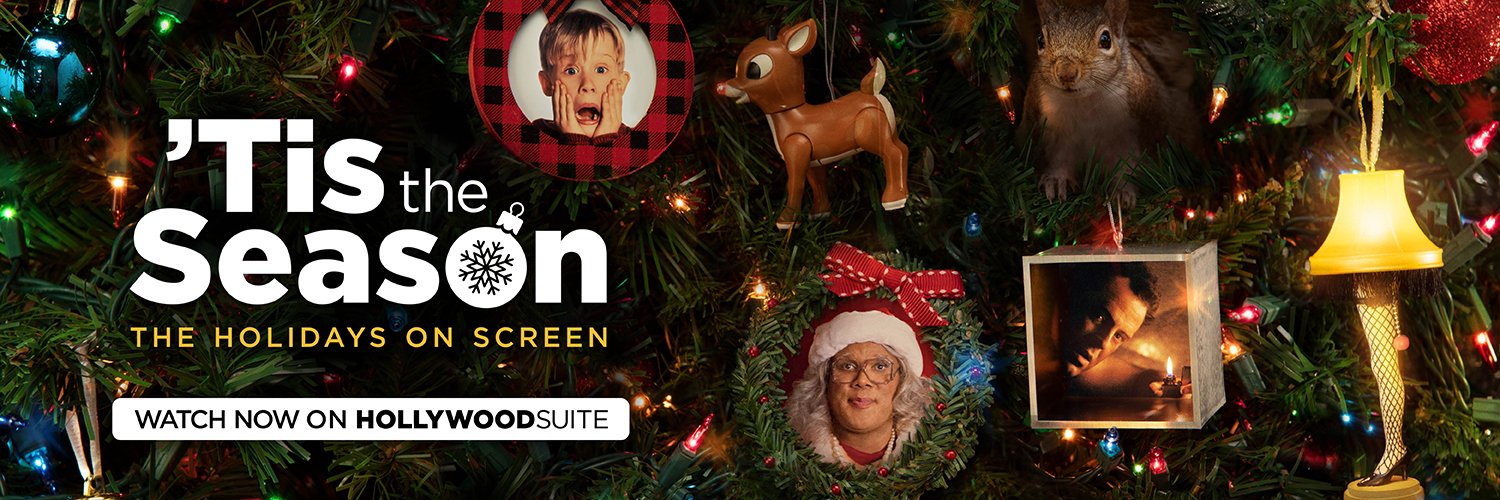Priscilla: Elvis’ Wife Was Lonesome Many Nights, and Director Sofia Coppola Has Proof
By Karen Gordon
Rating: B-
Sofia Coppola is a director with a singular style. Patient, intelligent, thoughtful, never aggressive, not afraid of using quiet interludes, she uses mood, tone, and often carefully chosen music to punctuate. The effect, when it works — as in Lost in Translation or The Beguiling — weaves us into her films at an emotional level and can be haunting.
Those tendencies arguably work against her in Priscilla, the story of the relationship between Elvis Presley and Priscilla Beaulieu Presley, based on her memoir Elvis and Me.
The delicate storytelling seems to hold the film’s energy down a bit too much. And yet, it’s not entirely ineffective. There is an emotional core to Priscilla, and in Coppola’s gentle way, we’re shown a portrait of an unusual relationship, and come away with a less flattering picture of Elvis, more of the fallible human, as opposed to the music icon, frozen in time.
The film traces their relationship from its beginnings in Germany. Priscilla, played by Cailee Spaeny, is a 14-year-old student trying to adjust to life on the military base where her father has just been stationed. It is the same time and same base where Elvis (Jacob Elordi) is stationed, living off-base and holding weekly parties.
A fellow military man notices the very pretty girl doing her homework at the diner on the base and persuades her reluctant parents to let her come to one of those parties. Chaperoned, of course.
Elvis is immediately smitten. Despite of the age difference, the two start to see each other regularly before he’s discharged and moves back to the United States, picking up his career, this time in movies. The film suggests that their relationship at this point was emotional and not yet sexual.
When she turns 17, Elvis asks her parents’ permission to bring her to Graceland, promising that his family would take care of her, and that she’d be enrolled in Catholic school.
Priscilla has agency here. She’s not portrayed as a star-struck girl in thrall to this music giant. Instead, we get a sense of her as a thoughtful, careful young woman, adjusting to Graceland and the peculiarities of the way Elvis lived his life there.
With the house always filled with Presley’s family and a large entourage — Elvis’ posse, musicians, and others who work for him — Priscilla was accepted but also sidelined and somewhat isolated, even in an often too-busy house.
Elvis was often on the road, gave her little notice or explanation for when and where. She was expected to stay home and to a certain extent out of sight. Trying to be dutiful, she aimed to conform, but reading about his alleged affairs in the paper, and with no one to really talk to, her sense of isolation and loneliness in that big house is palpable.
The film takes us through their seven-year courtship, through their marriage, and the birth of their daughter Lisa Marie, and Elvis’s increasing detachment from Priscilla that seems to turn into disdain, and even some abuse. Priscilla was aiming to have a more normal family life; he was becoming more self-absorbed and distant.
Through it all, Priscilla is portrayed as a remarkably mature and self-possessed young woman who knows who she is and what she wants from life. As the film unfolds, that never wavers, nor does her self-esteem or sense of what’s important to her.
Elvis, on the other hand, seems more of a lost soul, searching for identity, and puffed up on adoration from outsiders.
There is a short scene towards the end of the movie that shows us a familiar image of Elvis Presley on stage in the Las Vegas phase of his career. Shot from the back, we see Elvis — wearing that famous white jumpsuit with the small cape — doing random karate moves.
It’s an image we’ve seen before, but always with Elvis cast as the star; playful and in control. But by the time we get to this point in the film, we’re seeing the music icon through a different lens.
If there was ever a fairytale life for Priscilla Presley, the film suggests that in the end, finding that would always be in her own hands.
Priscilla. Written and directed by Sofia Coppola. Starring Cailee Spaeny and Jacob Elordi. In theatres November 3.



